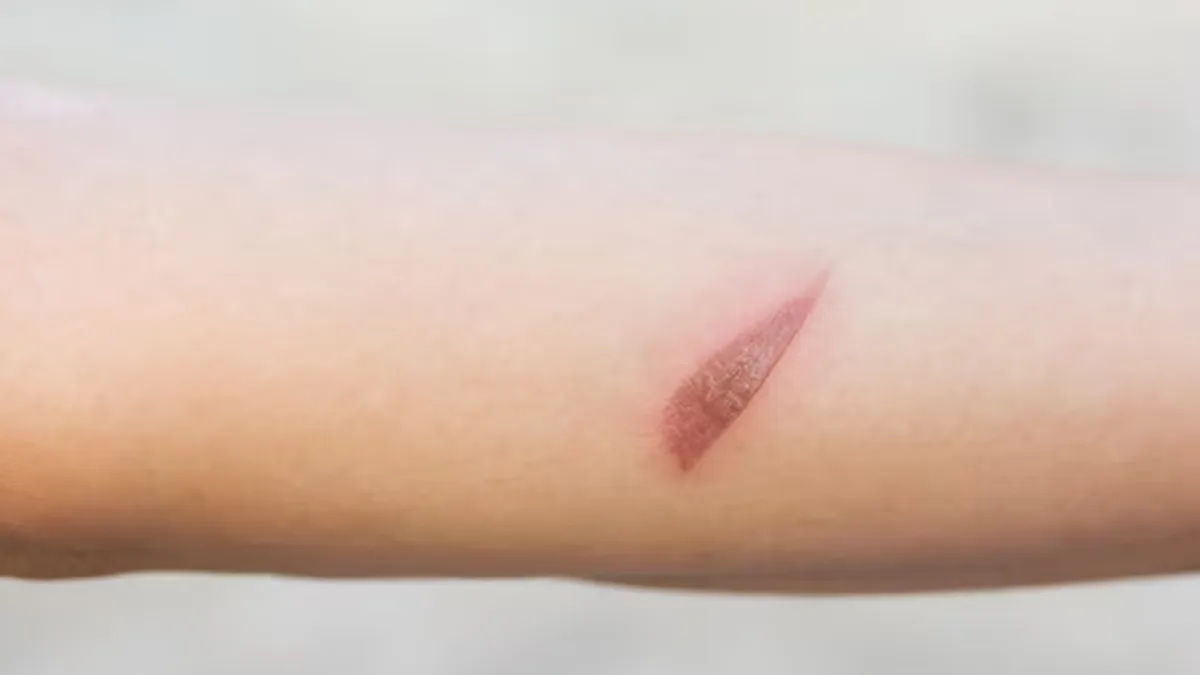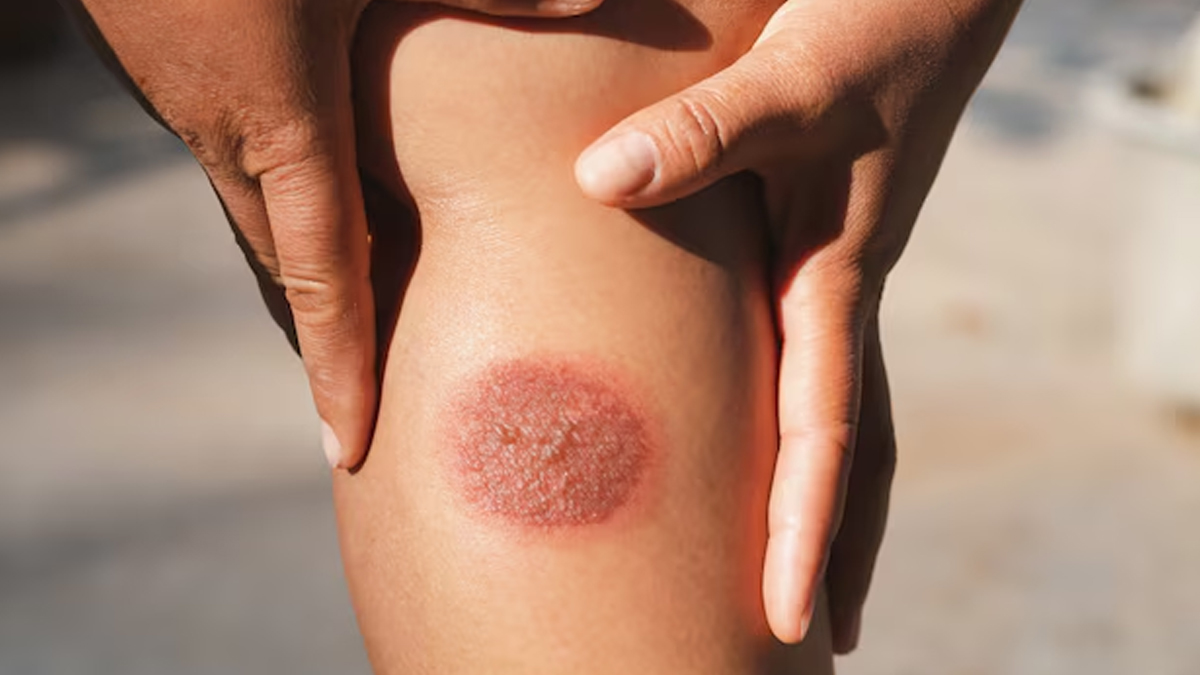
Have you ever noticed a random patch on your skin and thought, “Is this just a tan mark or something more?” Maybe it’s a slightly darker spot that’s not going away, or it’s suddenly itchy and flaky. It could be a harmless pigment patch or a fungal infection sneaking in. Truth is, fungal patches and hyperpigmentation can look surprisingly similar, especially on Indian skin tones. But they are not treated the same way. Before you reach for random creams, here’s how to tell them apart and what works for each.
Table of Content:-
Spot the Difference: Fungal Patch vs Hyperpigmentation

1. Appearance
- Fungal patches (like tinea versicolor or ringworm) usually have a noticeable edge. They can appear red, brown, pink, or even pale in some areas. Often, the texture may be slightly raised or dry.
- Hyperpigmentation is simply excess melanin in the skin. It shows up as flat, darkened spots or patches, brown, greyish, or even bluish in tone. No itch, no peeling, just colour.
2. Itch and Irritation
- Fungal patches are usually itchy, especially in warm and moist areas (inner thighs, back, neck folds). They may worsen with sweat or during the summer.
- Hyperpigmentation doesn’t itch or burn. If it does, it’s likely something else is going on.
3. Progression
- A fungal patch might begin small and grow larger if it is not treated. It can peel, flake, or form rings.
- Hyperpigmentation, however, remains in place. It gradually lightens over time or darkens when left in the sun unprotected.
Also Read: Some Fungal Infections Can Be Contagious: Doctor Shares Prevention Tips
Common Triggers to Know
Fungal Patches
- Hot, humid weather
- Tight or synthetic clothing
- Excessive sweating
- Sharing towels, gym mats, or unwashed clothing
- Weakened immunity or poor hygiene
Hyperpigmentation
- Post-acne marks
- Eczema or healed skin injuries
- Hormonal changes (melasma)
- Sun exposure without SPF
- Certain medications
Also Read: Dark Spots After Waxing? Here Is How You Can Prevent Hyperpigmentation After Hair Removal
What You Can Do: Home Fixes and Treatments
For Fungal Infections
- Use an antifungal cream: Apply a thin layer twice a day for at least 2–3 weeks, even after the patch fades.
- Keep the area dry and clean: Fungi thrive in moisture. Use breathable fabrics, change out of sweaty clothes quickly, and avoid occlusive skincare or oils near the patch.
- Don’t share personal items: Yes, even your face towel or loofah. Fungal spores are easily transferable.
- Try natural soothers: Tea tree oil (diluted), apple cider vinegar rinses, and aloe vera gel can help mildly, but should never replace antifungal treatment in active cases.
- Pro Tip: If the patch returns after treatment or spreads, see a dermatologist. Resistant fungal infections are common in humid climates and may need prescription-strength care.
For Hyperpigmentation
- Always wear SPF: Daily sunscreen is your biggest shield against dark spots worsening. Choose SPF 30 or higher and reapply if outdoors.
- Add brightening ingredients: Niacinamide, vitamin C, alpha arbutin, and liquorice root extract are gentle and effective ingredients to lighten dark spots gradually.
- Avoid harsh scrubbing: Scrubs and harsh exfoliants can exacerbate pigmentation, particularly on Indian or melanin-dense skin. Stick to chemical exfoliants like lactic acid or mandelic acid 1–2 times a week.
- Consistency is key: Pigmentation takes time to fade, hence, don’t expect overnight changes. Track progress over 4–8 weeks.
Here’s When to See a Doctor
- If the patch itches or spreads
- If the skin changes colour, bleeds, or forms scales
- If OTC creams don’t work in 2 weeks
- If pigmentation starts after taking medication or is paired with hormonal symptoms
Bottomline
Fungal infections and hyperpigmentation can look similar, but their behaviour and treatment are different. Itchy, spreading patches need antifungal care. Flat, dark spots need sun protection and brightening ingredients. Understanding the difference saves you time, money, and frustration. When in doubt, ask a dermatologist, because your skin deserves clarity, not confusion.
[Disclaimer: This article contains information for informational purposes only. Hence, we advise you to consult your professional if you are dealing with any health issue to avoid complications.]
Also watch this video
How we keep this article up to date:
We work with experts and keep a close eye on the latest in health and wellness. Whenever there is a new research or helpful information, we update our articles with accurate and useful advice.
Current Version
